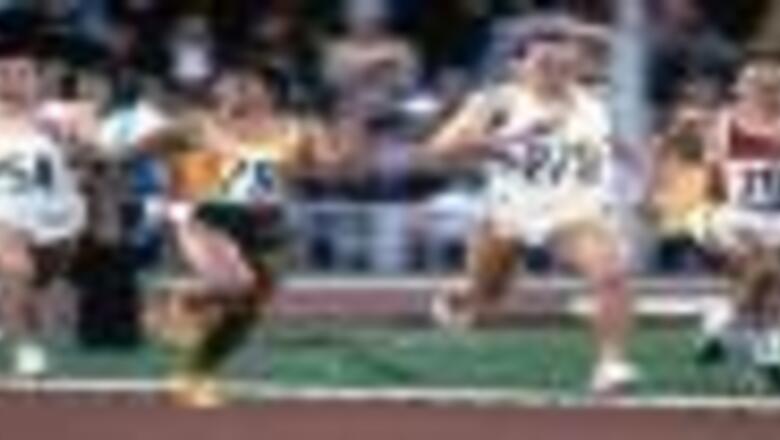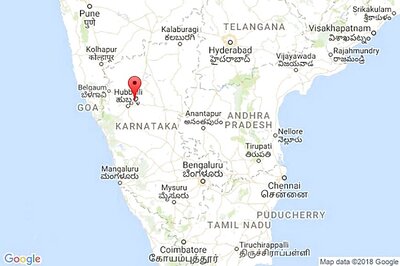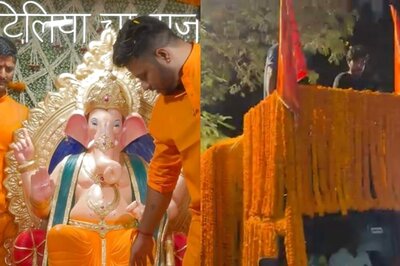
views
While chosen to host the 1980 Olympic Games on October 23, 1974, the IOC was all too aware of the difficulties that such a choice may incur.
The Olympic movement still fell prey to politics when the Games were held in Moscow, the first Eastern European city to host an Olympiad. The boycott became apparent once more with the absence of the United States and many other countries.
The 1979 Red Army invasion of Afghanistan proved the catalyst - sparking anger from US President Jimmy Carter. Many others joined the boycott but, even so, 81 countries (including the seven-strong delegation from Liberia who did not compete) and over 5,217 athletes attended between July 19 - August 3.
Soviet publicity
The Soviet capital had been preparing for five years to stage the event, with Communism being assured its own quota of publicity. New stadia and sports facilities were built and those that already existed, such as the Lenin stadium, were modernised.
But the same effort was applied, to the detriment of the public, outside the city. A five-storey mausoleum, used as a media centre, was erected on a site where fifty individual houses had previously stood.
The domes on top of the Kremlin and many of the area's churches were totally restored.
Given the absence of notable competitors, above all the Americans, the competitions failed to capture the true spirit of the Games - despite the breaking of 36 world records.
No atmosphere
When the final curtain fell, the overall opinion was that the Games had been mediocre. On the one hand, the American boycott more or less biased the competition, as well as provoking a dull atmosphere.
On the other hand, the competitors had reason, on a regular basis, to complain about certain irregularities. Favours given to the Soviet team, or advice given to local athletes, lent an unhealthy pallor to the moral and sporting appearance of the Games.
Moscow also signalled the end of Lord Killanin's tenure as president of the IOC. At the end, Spaniard Juan Antonio Samaranch took over the reins.
Sport
Britain's Allan Wells won the 100m dash with a sprint of 10.25sec, the worst time since 1954. His compatriots Steve Ovett, Sebastien Coe and Daley Thompson won golds too in the 800m, 1500m and decathlon after the British Olympic Comitte decided to make the trip.
Russian swimmer Vladimir Salnikov gave his compatriots something to smile about with wins in the 400m, 1500m and the 4x200m relay.
Cuban boxer Teofilo Stevenson also left his mark, punching his way to gold in the heavyweight division at his third consecutive Olympics.




















Comments
0 comment